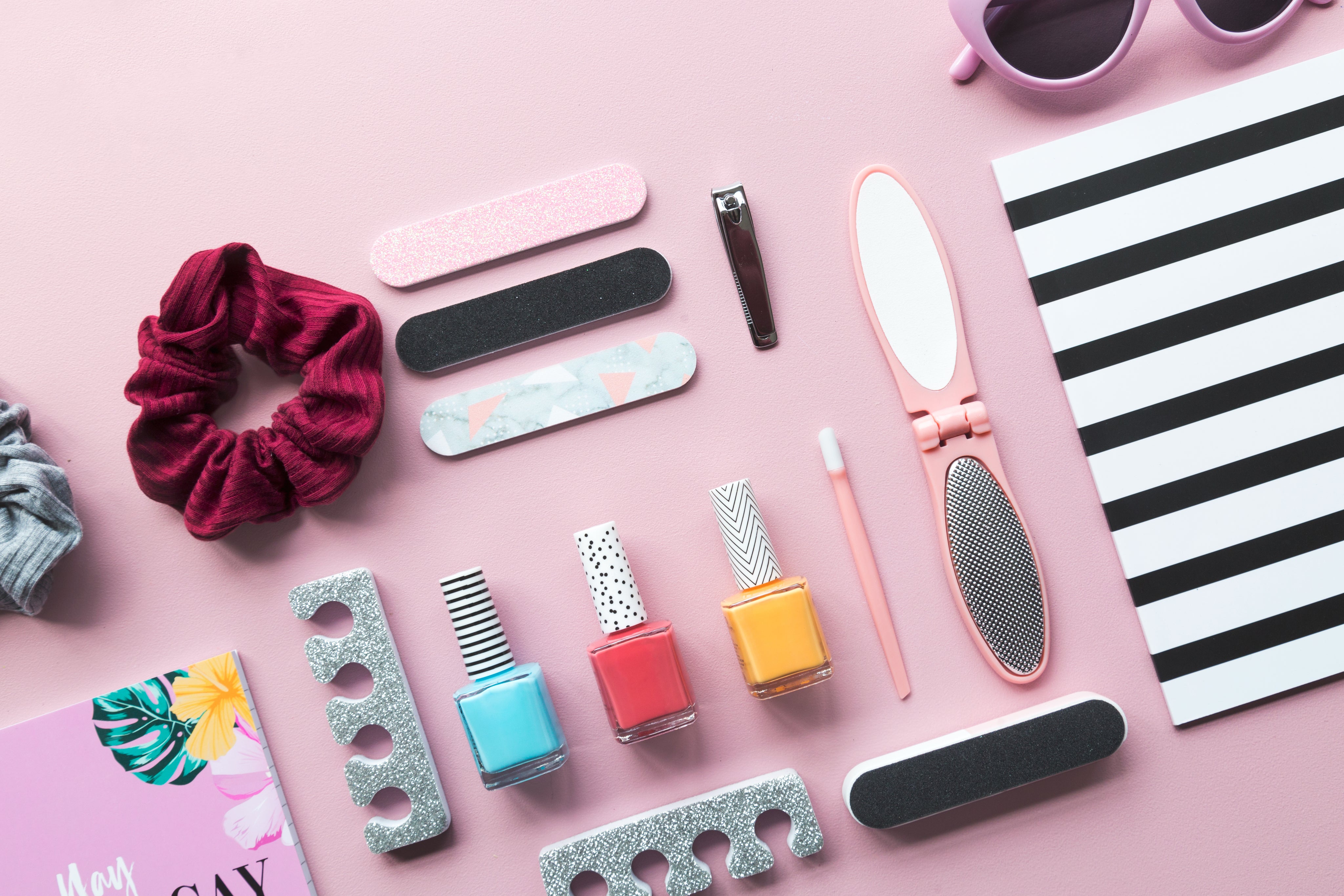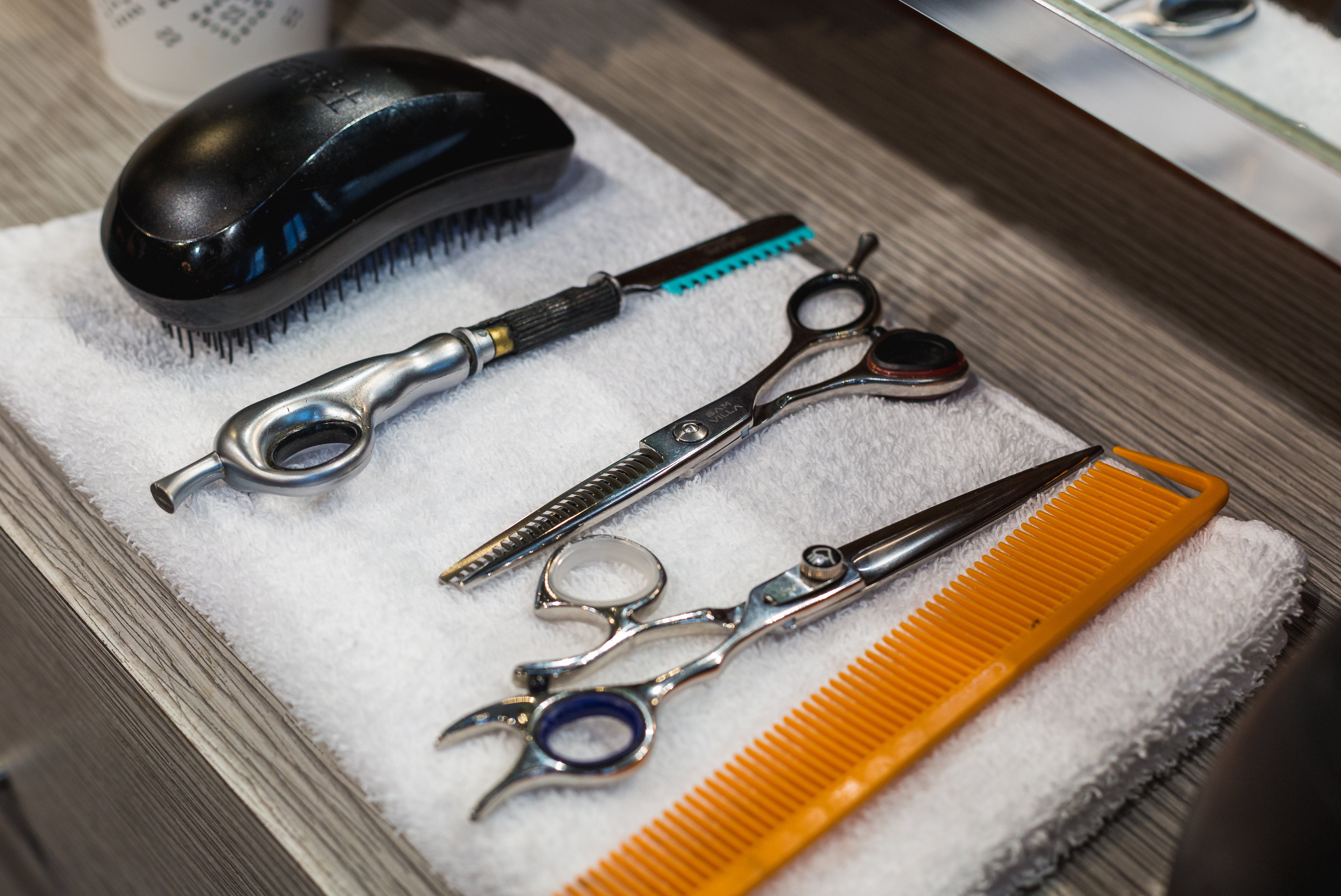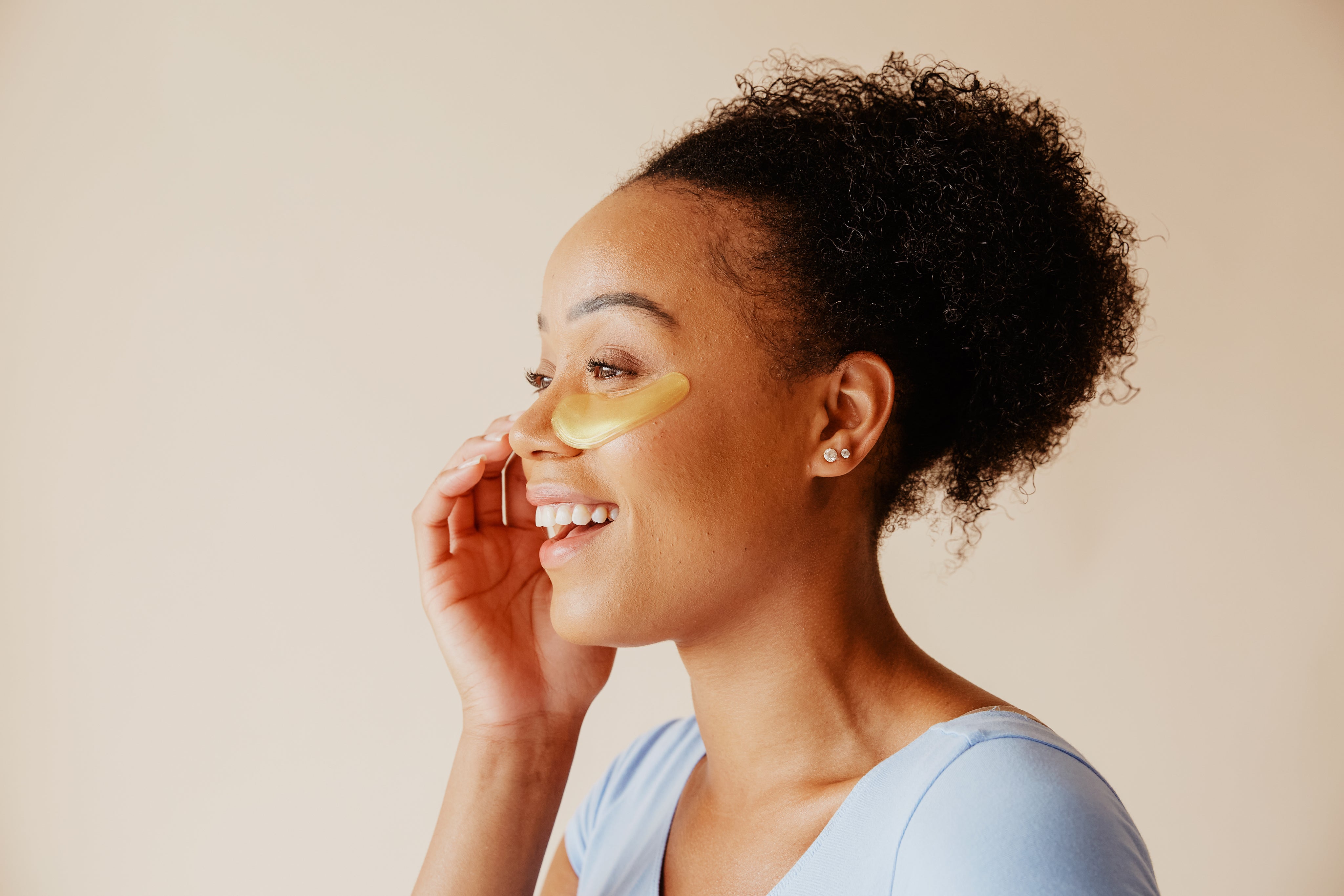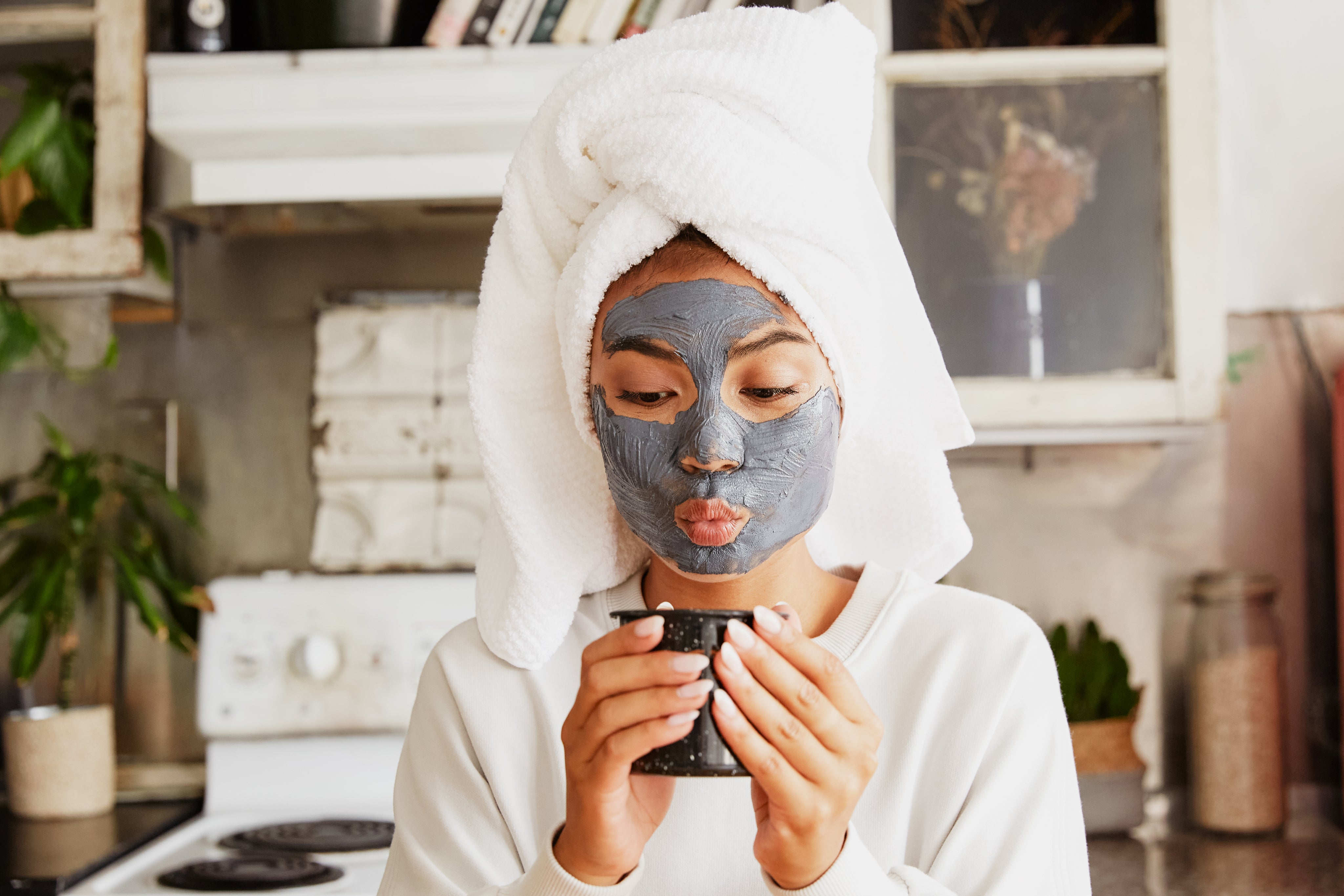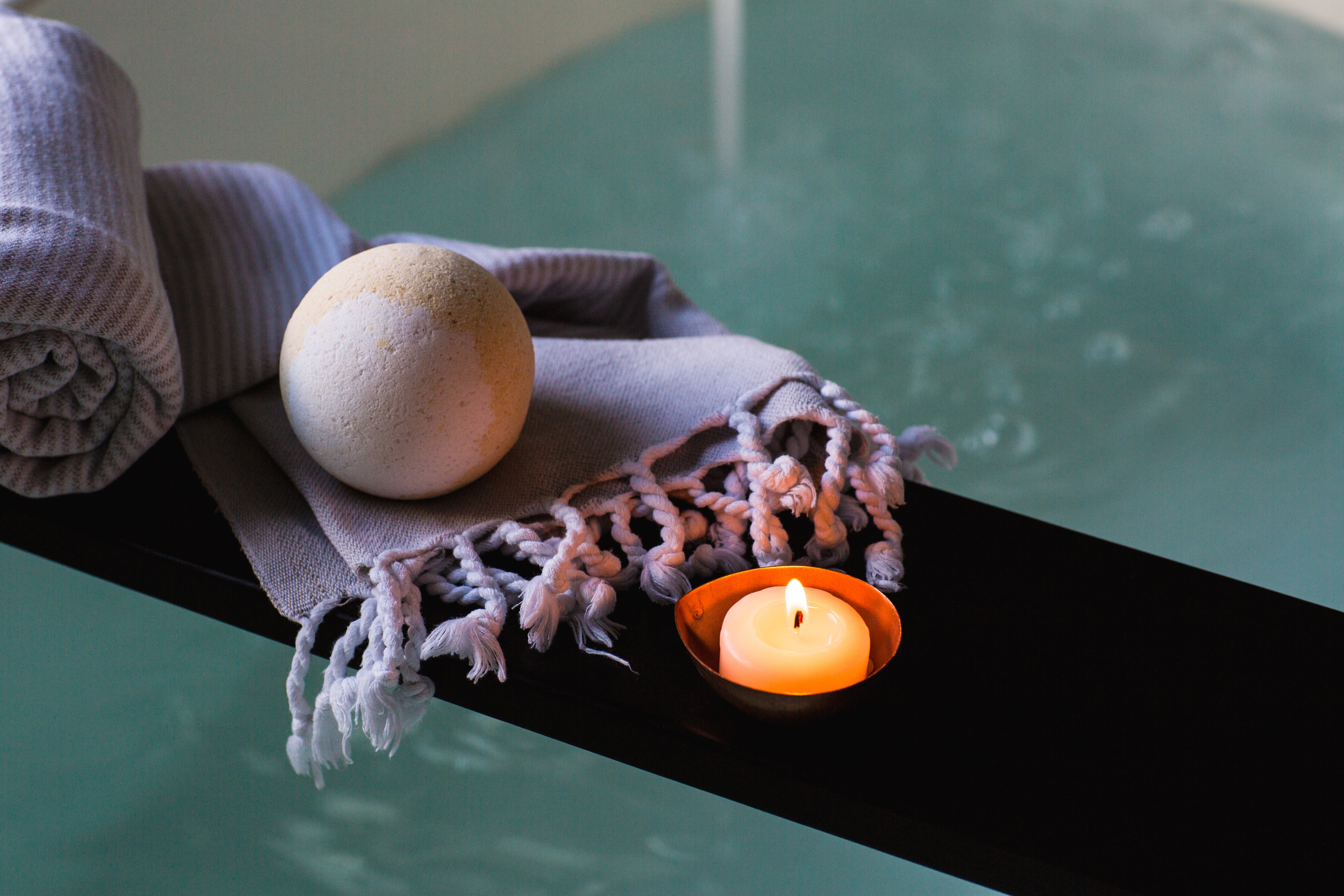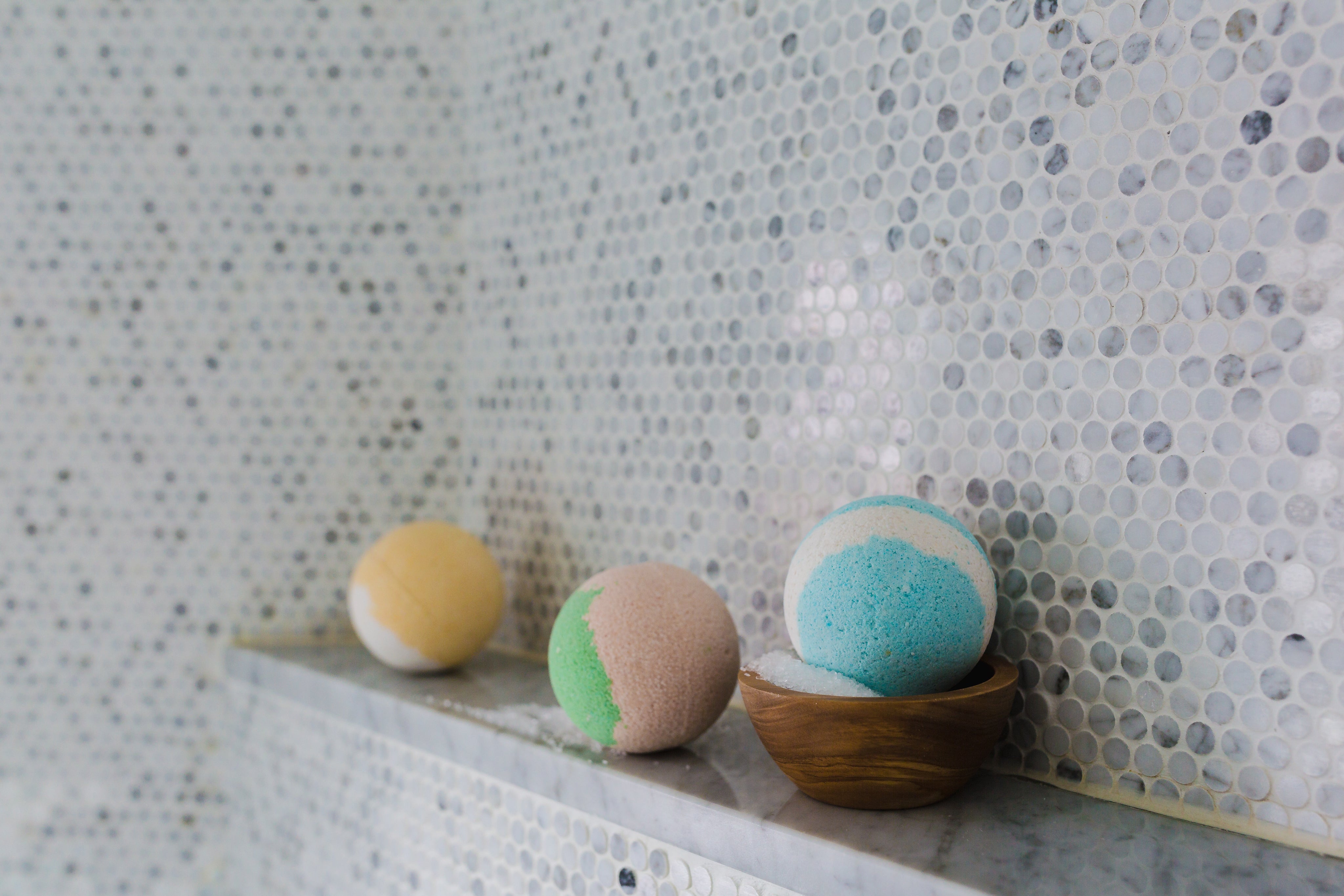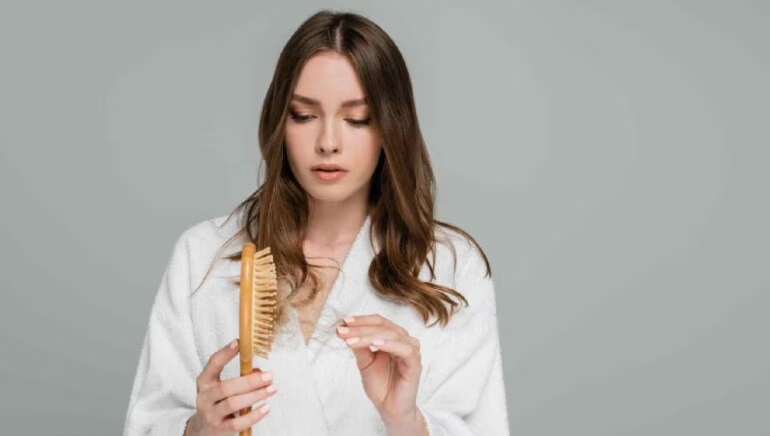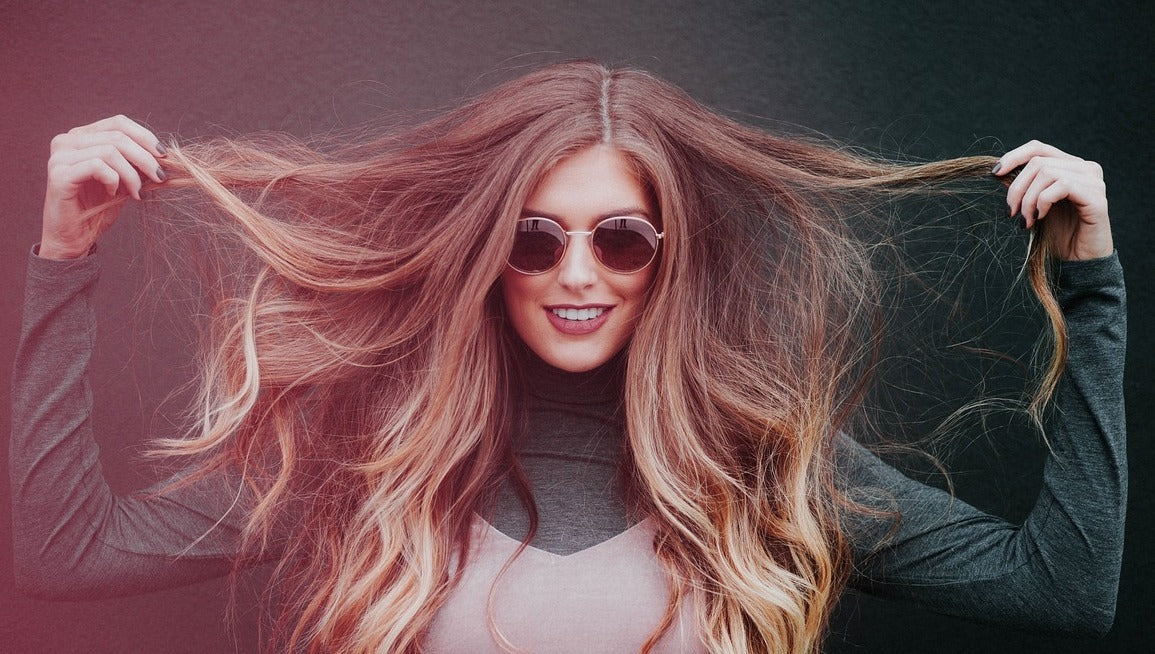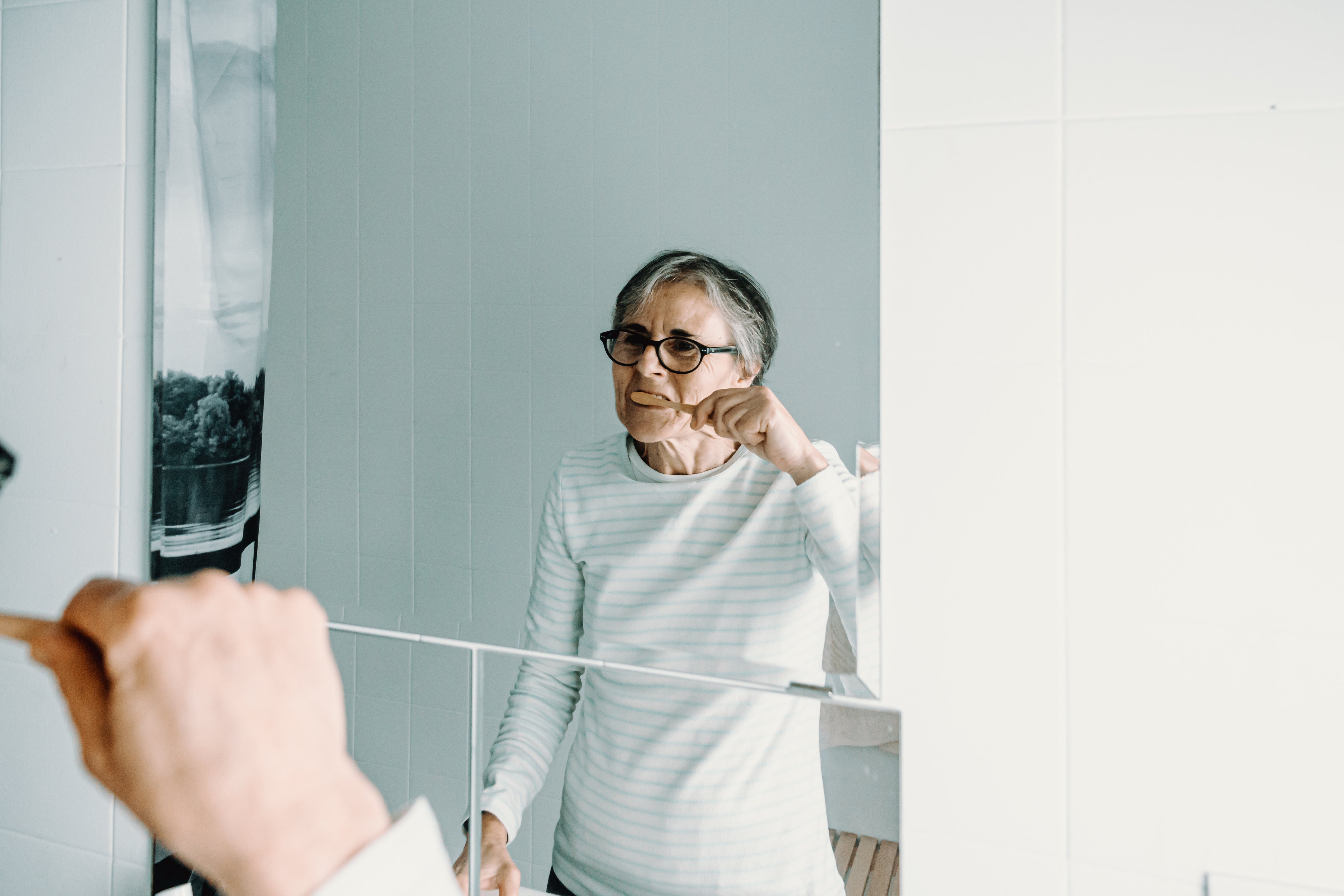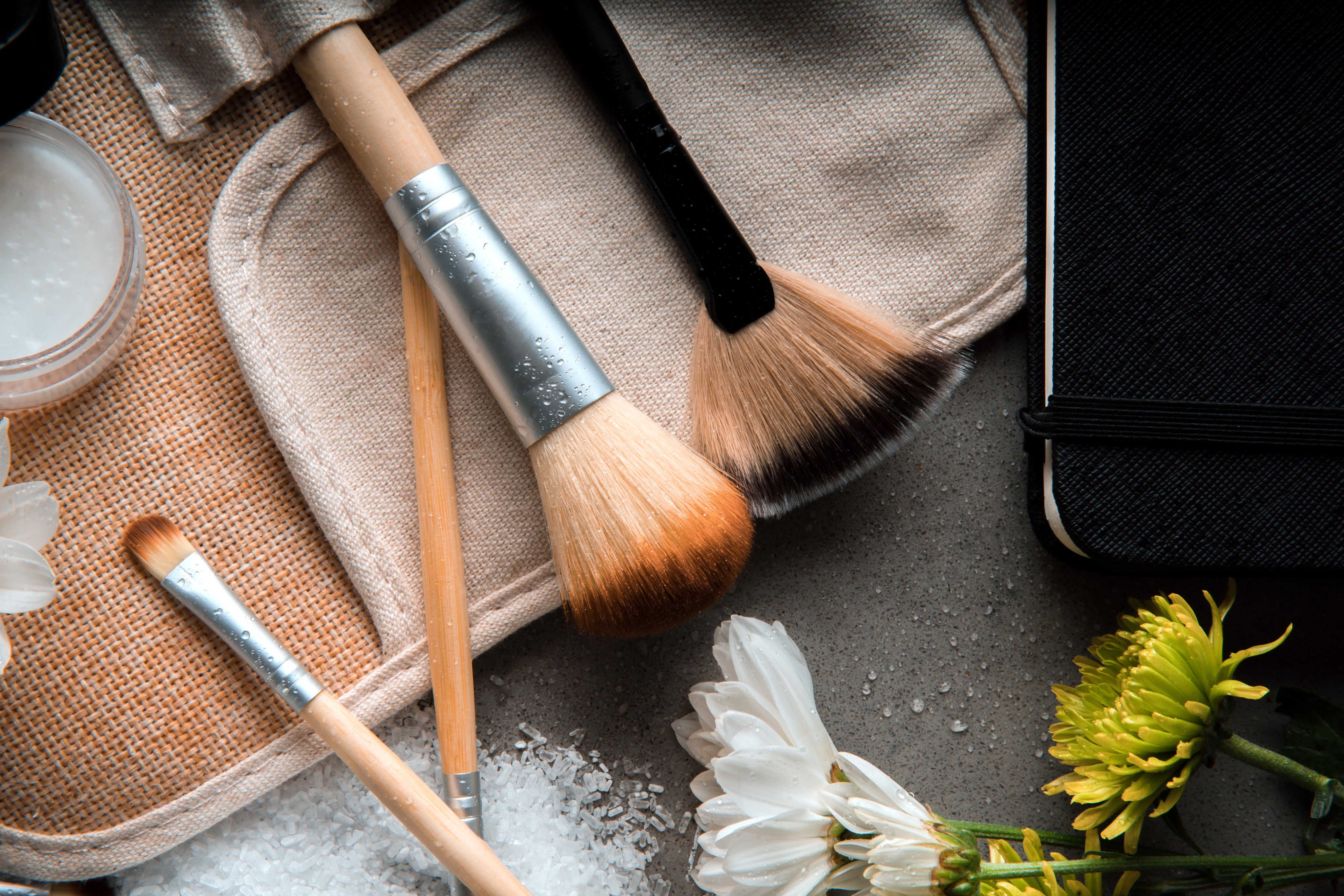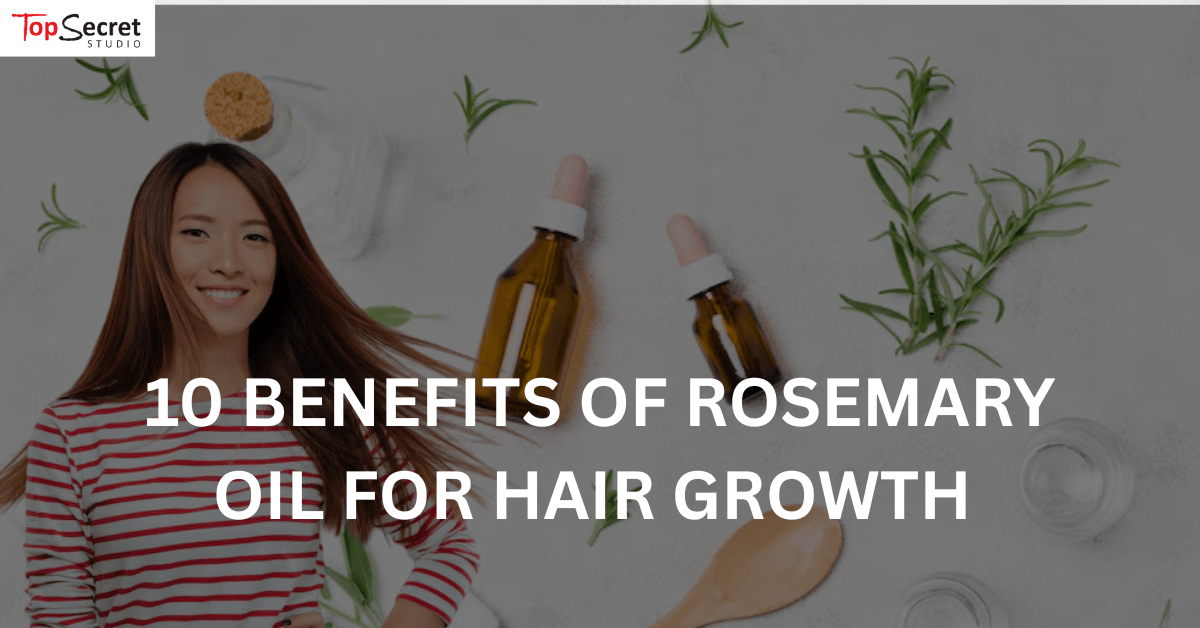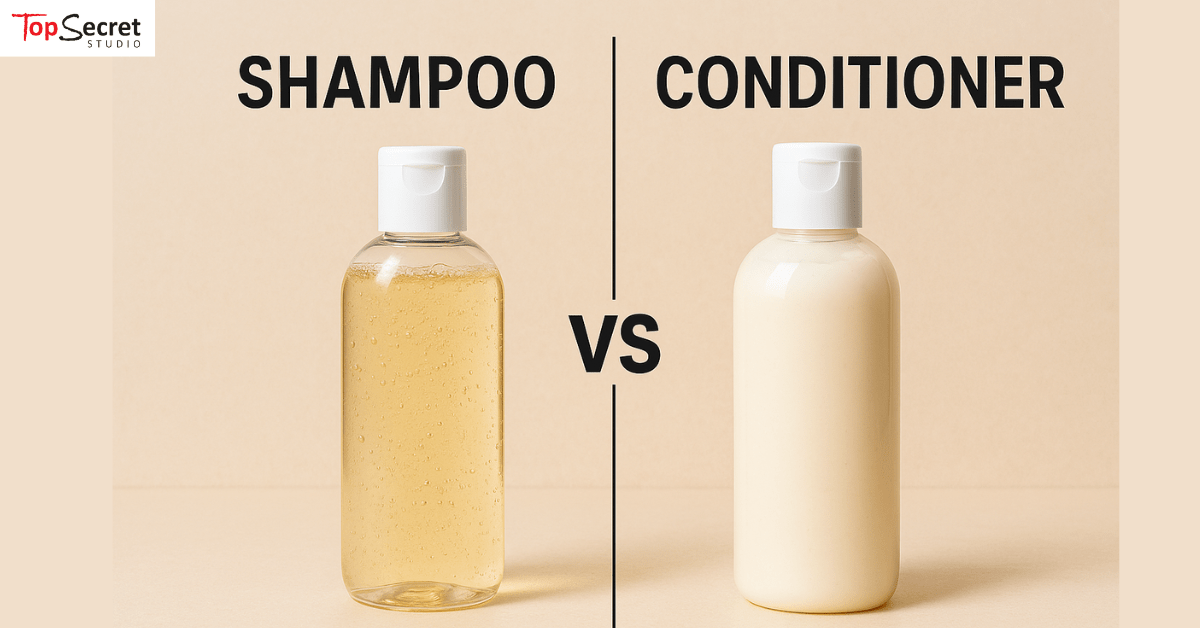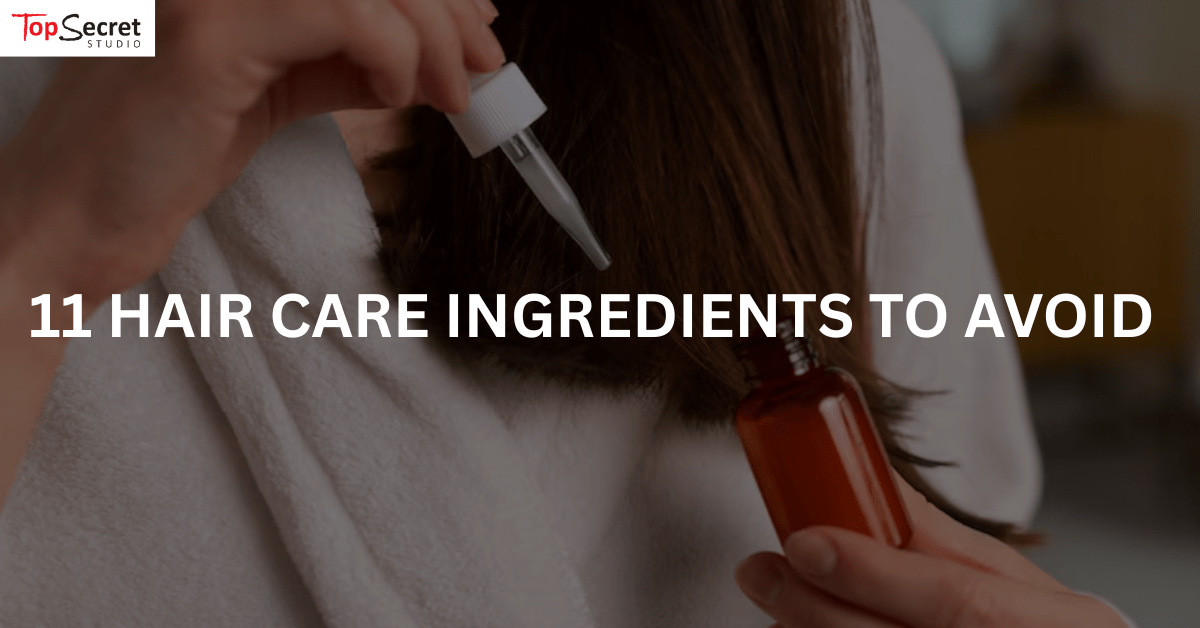
11 Hair Care Ingredients to Avoid If You Have Sensitive Scalp
A sensitive scalp isn’t just an occasional itch or mild discomfort, it can involve persistent dryness, flaking, irritation, and even burning sensations. Many people assume it’s down to stress, climate, or their skin type, but the truth is: the ingredients in your hair care routine may be doing more harm than good.
If your scalp often feels tight, itchy, or inflamed after washing, styling or using treatments, it’s time to take a closer look at what’s in your products and see if the supposed hair care is doing more harm than good.
Here are 11 common hair care ingredients that may trigger or worsen scalp sensitivity, along with alternatives that are better suited for gentle care.
1. Sodium Lauryl Sulfate (SLS) & Sodium Laureth Sulfate (SLES)
You’ll find these two ingredients in many shampoos and cleansing products and they’re responsible for that rich, bubbly lather that makes us feel like our hair is getting squeaky clean. But for sensitive scalps, that foam often comes at a cost.
Why avoid them:
-
Strips natural oils: SLS/SLES can wash away your scalp’s protective sebum layer, leaving it exposed and vulnerable.
-
Compromises the skin barrier: Regular exposure may weaken your scalp's defence against allergens and pollutants.
- Triggers irritation: Many people report increased itching, flaking, tightness, and even scalp burns after continued use.
Better alternatives:
-
Coco-glucoside: Gentle and derived from coconut oil
-
Decyl glucoside: Non-ionic surfactant, mild enough for baby products
- Sodium cocoyl isethionate: Creamy, low-foam option that cleanses without stripping
2. Artificial Fragrance (Parfum)
Synthetic fragrance can include dozens of undisclosed chemicals. Even if it smells good, it might not feel good on your scalp.
Fragrance often sits low on the ingredient list, but it can pack a punch. Many artificial perfumes in hair care include dozens of chemical compounds, often protected under “trade secrets,” meaning the actual allergens aren’t listed.
Why avoid them:
-
Common allergen: One of the leading causes of scalp sensitivity flare-ups
-
Undisclosed chemicals: May contain phthalates or allergens not clearly identified
- Contact dermatitis: Fragrance is a key trigger in red, itchy, inflamed scalps
What to use instead:
-
Fragrance-free formulas: ideal for those with known sensitivities
-
Mildly scented products: use only those that list essential oils clearly and in low concentrations
- Patch-test first: Even “natural” fragrance can still irritate if the scalp is already reactive
3. Denatured Alcohol (Alcohol Denat)
You’ll find this one in lots of hair sprays, texturisers, and quick-dry serums. It’s used to evaporate quickly, which helps hair “set” without feeling wet for long. Unfortunately, it can also dry out the scalp just as fast.
Why avoid them:
-
Dries skin excessively: Saps moisture, leading to flakiness and rawness
- Can worsen conditions like eczema or psoriasis
- Destabilises the scalp's protective layer, making it more reactive to other ingredients
What’s safer to use:
- Cetyl alcohol and Stearyl alcohol: Fatty alcohols that help condition and protect the scalp instead of drying it
4. Parabens (Methylparaben, Propylparaben)
Parabens are commonly added to prevent microbial growth and extend shelf life. But for those with scalp sensitivity, they may trigger hidden reactions. Sometimes it's not instantly, but after repeated use it shows signs of irritation.
Why avoid them:
-
Linked to sensitivity: Especially if your scalp barrier is already compromised
-
May accumulate over time, leading to low-level chronic irritation
- Hormonal disruption: Although debated, it's another reason many prefer to avoid them altogether
Safer preservatives to try instead:
-
Potassium sorbate: Effective, food-safe preservative
-
Sodium benzoate: Used in both cosmetics and food
- Phenoxyethanol: Better tolerated, though still worth patch-testing
5. Formaldehyde-Releasing Preservatives (DMDM Hydantoin)
These preservatives help prevent bacteria growth over time, but they do so by slowly releasing formaldehyde, a recognised irritant and known allergen.
Why avoid them:
-
Triggers allergic reactions, especially in people with already inflamed or flaky scalps
- May cause persistent redness, burning, or bumps
- The scalp, being absorbent, may react more strongly than other areas of the body
Look for alternatives:
-
Ethylhexylglycerin: Often used in sensitive-skin care
-
Sorbic acid: Mild preservative with good safety profile
- Preservative-free options: Best for those with severe reactivity
6. Phthalates
Phthalates are plasticisers used in hair products to help fragrance stick and spread smoothly. While they won’t always be listed directly on the label, they often hide under “fragrance” or “parfum.”
Why avoid them:
-
Endocrine disruptors: Phthalates have been flagged for hormonal interference
-
Can worsen scalp inflammation, especially when paired with other irritants
-
Hard to identify due to vague labelling
Better options:
- Stick to phthalate-free products (many brands now declare this openly)
- Choose transparent brands that disclose full fragrance compositions
- Use products without synthetic fragrance as a rule of thumb
7. Synthetic Colours (CI 17200, Blue 1, Red 33)
While hair products don't need to be colourful, synthetic chemical dyes are added to make them look more appealing. These dyes are made from petroleum and coal tar, both known irritants for reactive skin.
Why avoid them:
- Can trigger allergic scalp reactions
- Often tested poorly for sensitivity, especially in lower-cost products
- Offer no benefit to scalp or hair health, purely cosmetic
How to avoid them:
|
Label Names to Watch |
Alternative Labels or Notes |
|
CI 42090 (Blue 1) |
Dye-free / Colour-free |
|
CI 19140 (Yellow 5) |
Naturally tinted with herbs |
|
CI 17200 (Red 33) |
Botanical extracts (if needed) |
8. Coal Tar
Used in some anti-dandruff shampoo and psoriasis shampoos, coal tar reduces flaking, but it's also heavy, smelly, and potentially irritating for sensitive skin types.
Why avoid it:
- Can cause follicle clogging
-
Known irritant when used long-term
- Questionable safety: Banned or restricted in some countries such as EU, US, Japan, Canada and Australia.
Better alternatives for dandruff-prone sensitive scalps:
- Salicylic acid (low concentration)
- Zinc pyrithione (in soothing formulas)
- Tea tree oil or neem, used sparingly
9. Propylene Glycol
Used as a humectant to retain moisture, but for sensitive scalps, it can do the opposite.
Why avoid it:
-
Linked to contact dermatitis and allergic reactions
- Can disrupt the skin’s moisture barrier, making sensitivity worse
- Often paired with other irritants in cheaper formulas
Use instead:
-
Glycerin: natural and scalp-safe when plant-derived
-
Aloe vera: Calming and hydrating
- Panthenol (Pro-Vitamin B5): Helps retain moisture gently
10. Silicones (Dimethicone, Cyclopentasiloxane)
Silicones add shine and slip, making hair feel soft temporarily. But they form a film that’s hard to remove without sulphates, creating a build-up cycle that can suffocate the scalp.
Why avoid them:
-
Scalp congestion: Traps oil and debris, possibly worsening sensitivity
- Needs harsh surfactants to wash out
- Can lead to dull, heavy hair and blocked follicles
Look for these instead:
|
Avoid |
Use Instead |
|
Dimethicone |
Argan oil |
|
Cyclopentasiloxane |
Jojoba oil |
|
Amodimethicone |
Aloe vera-based serums |
11. Essential Oils (In High Concentration)
Yes, surprising isn’t it? Even natural ingredients can be irritating. Essential oils like peppermint, eucalyptus, tea tree, or even lavender can cause flare-ups when used undiluted or in high amounts.
Why avoid or use cautiously:
-
Potent allergens, especially on broken or reactive skin
- Can lead to burning, redness, or rashes
- Often used without proper dilution in DIY mixes
What to do instead:
- Choose formulated products where essential oils are pre-diluted
- Use carrier oils like coconut or jojoba when applying oils yourself
- Opt for sensitive scalp-specific blends with gentle herbal ingredients
“Just because it’s natural doesn’t mean it’s safe, your scalp needs balance, not strong perfumes in plant form.”
Gentler Alternatives: What Your Scalp May Prefer
|
Safer Ingredient |
Function |
Found In |
|
Aloe Vera |
Soothes and hydrates |
Shampoos, scalp masks |
|
Oat Extract |
Calms irritation |
Sensitive scalp treatments |
|
Panthenol |
Strengthens and moisturises |
Conditioners, serums |
|
Zinc PCA |
Controls oil and reduces inflammation |
Scalp tonics |
|
Glycerin |
Attracts moisture |
Moisturising shampoos |
How to Choose Sensitive Scalp Shampoo & Products
When shopping for hair care designed for a sensitive scalp, look out for:
Ingredient checklist:
- Sulphate-free
- Fragrance-free or low-fragrance
- No alcohol or parabens
- Dye-free and silicone-free
- pH-balanced (4.5–5.5)
Label clues:
- Hypoallergenic
- Dermatologist-tested
- Safe for sensitive skin
- Fragrance-free (not just "unscented")
Personal habits:
- Avoid overwashing
- Do patch tests before using new products
- Stick with minimal ingredient lists
- Rinse products out thoroughly
Common Brands with Sensitive Scalp Options
Here are a few known hair care brands that offer gentle or sensitive-friendly products:
-
Aveda: Botanical-based, with fragrance-free lines
-
Shiseido: Offers mild, dermatologically tested scalp care
-
The Ordinary: Has minimalist, scalp-focused treatments
-
Cerave: Known for skin-safe, barrier-friendly formulations
- Free & Clear: Dedicated to sensitive skin and scalp needs
Start With the Label, End With Relief
Your scalp deserves as much attention as your skin. If you’re dealing with itching, flaking, or discomfort, the solution might not be a new miracle product ,it could simply be avoiding the wrong ingredients.
At Top Secret, we understand how tricky it can be to find that balance. That’s why we carefully select sensitive scalp shampoo from trusted brands like Kerastase, Loreal, Shisedo and others that prioritise clean, gentle ingredients designed for sensitive scalps.
Gentle care doesn’t mean compromising on effectiveness. Let Top Secret’s premium curated shampoo products help you restore comfort and health to your scalp, providing soothing relief while promoting strong, beautiful hair.
Frequently Asked Questions About Sensitive Scalp
Can Stress Cause A Sensitive Scalp?
Yes. Stress can trigger scalp inflammation and increase sensitivity by affecting hormone levels and immune responses.
Is A Sensitive Scalp The Same As Dandruff?
Not exactly. Dandruff involves flaking and often excess oil, while a sensitive scalp is more about irritation, redness, and itching.
How Often Should I Wash A Sensitive Scalp?
Washing 2-3 times a week is usually enough to keep the scalp clean without stripping natural oils.
Can Weather Affect Scalp Sensitivity?
Yes. Extreme cold, heat, or humidity can worsen scalp dryness or irritation.
Can Hair Dye Worsen Scalp Sensitivity?
Yes. Many hair dyes contain chemicals that can irritate or cause allergic reactions on sensitive scalps.
How Can I Tell If A Scalp Product Is Causing A Reaction?
Look for redness, itching, burning, or increased dryness after use; doing a patch test can help identify triggers.

